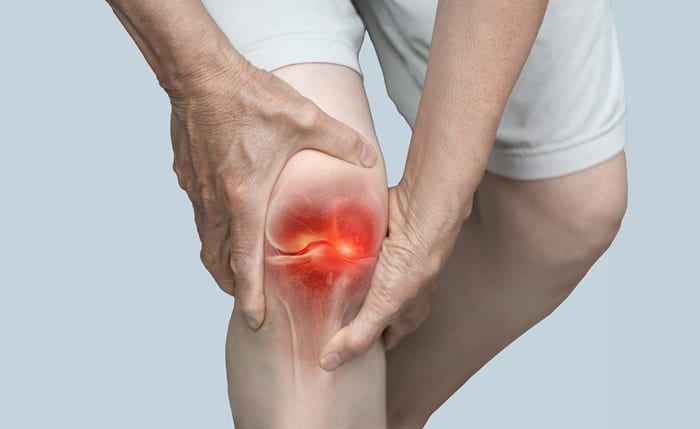Many people use pain medication or rest to manage joint pain, but orthopedic surgeons focus on treating the underlying cause, not just the symptoms. By using advanced diagnostic tools and personalized treatments, they provide effective, long-term solutions for joint pain. Here is information about how an orthopedic surgeon can take a comprehensive approach to joint care and how it can improve your overall health and well-being.
Understand Orthopedic Surgeons
An orthopedic surgeon is a medical expert in diagnosing, treating, and preventing conditions that affect the musculoskeletal system. This includes bones, joints, ligaments, tendons, and muscles throughout the body. They undergo extensive training to understand how these structures work together and what happens when they are damaged or diseased.
Unlike general practitioners who may focus on managing symptoms, orthopedic surgeons aim to identify the root cause of joint pain. They use advanced diagnostic tools alongside their specialized knowledge to develop targeted treatment plans. Their goal is to address the underlying issue, providing effective relief and improved mobility.
Identify Joint Pain Causes
Joint pain can result from various underlying conditions. Experts often identify several primary causes of joint discomfort:
- Arthritis and Degenerative Conditions: These include conditions such as osteoarthritis and rheumatoid arthritis, which gradually wear down cartilage, leading to inflammation and stiffness.
- Injury and Trauma: Accidents, sports injuries, or falls can cause immediate joint damage, such as fractures, dislocations, or ligament tears.
- Overuse and Repetitive Stress: Continuous strain on the joints from repetitive motions or physical activity can lead to inflammation and chronic pain over time.
- Structural Abnormalities: Misalignments, deformities, or congenital conditions can put added stress on joints, leading to pain and limited mobility.
Understanding the root cause of joint pain is key for proper treatment and long-term relief. Early diagnosis and intervention can significantly improve pain management and joint health.
Explore Treatment Options
Once your doctor identifies the cause of your joint pain, they create a targeted treatment plan tailored to your condition. Many joint problems can be managed without surgery. Physical therapy may be recommended to strengthen muscles and improve joint function. Anti-inflammatory medications can help reduce swelling and pain. Injections, such as corticosteroids to minimize inflammation or hyaluronic acid for lubricating arthritic joints, provide targeted relief. Your surgeon will guide you to the best option for your needs.
When non-surgical treatments are not enough, surgery may be necessary. Arthroscopic procedures utilize small incisions and specialized instruments to repair damaged tissues with minimal disruption to surrounding structures. For severe joint damage, joint replacement surgery may be the next step. This option is typically used when other treatments have not provided relief.
Recovery and rehabilitation are valuable parts of the process. Your surgeon will guide your progress, working closely with physical therapists to help you regain strength and mobility safely. Follow-up appointments encourage your recovery stays on track, allowing adjustments as needed. This collaborative approach helps achieve the best possible outcome.
Consult an Orthopedic Surgeon
Orthopedic surgeons specialize in treating joint pain by addressing both symptoms and underlying causes. If you have persistent joint pain, consulting an orthopedic specialist can provide clarity and options for relief. They work with you to create a treatment plan tailored to your needs and goals. With the proper care, many people experience significant relief and return to their normal activities.







